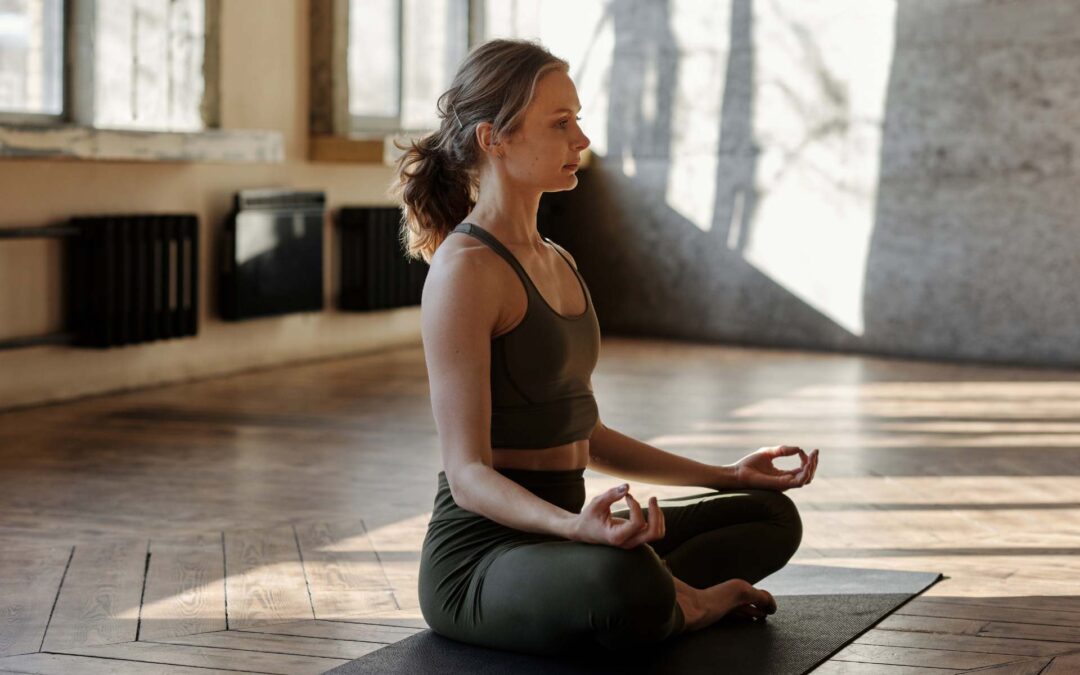Obsessive-Compulsive Disorder (OCD) can feel like a relentless loop of intrusive thoughts and compulsive behaviors, often leaving individuals mentally and emotionally drained. While traditional treatments like Cognitive Behavioral Therapy (CBT), Exposure and Response Prevention (ERP), and medication are effective, many people with OCD find additional comfort and support through complementary practices like yoga.
Yoga, especially when practiced mindfully, creates a structured and calming environment where the body and breath work together to soothe the nervous system. For individuals with OCD, this sense of order and repetition in yoga can feel grounding. Practices like slow-flow vinyasa, gentle hatha, and restorative yoga can help quiet the mind and reduce the body’s stress response. Breath-focused practices such as pranayama (controlled breathing) allow the brain to shift from a state of hyperarousal to one of calm, which can be incredibly beneficial when navigating obsessive or intrusive thoughts.
The meditative component of yoga also plays a powerful role. Mindfulness—a core part of many yoga practices—teaches us to notice our thoughts without judgment and to allow them to come and go. This mindset is particularly helpful for OCD, where intrusive thoughts can cause intense distress. Instead of trying to push the thoughts away or control them, yoga encourages awareness, acceptance, and self-compassion. This mirrors the goals of ERP therapy, where individuals learn to sit with discomfort without performing compulsions.
On a biological level, regular yoga practice has been linked to decreased levels of cortisol (the stress hormone) and increased production of GABA (a neurotransmitter that helps reduce anxiety). Yoga also promotes better sleep, boosts mood, and supports emotional regulation—all of which can positively impact life with OCD.
Of course, yoga is not a cure for OCD, nor should it replace evidence-based treatment. However, as a complementary practice, yoga can enhance resilience, increase self-awareness, and offer a moment of peace during an otherwise overwhelming day. Even a few minutes of breathwork, mindful movement, or guided relaxation can serve as a meaningful reset.

